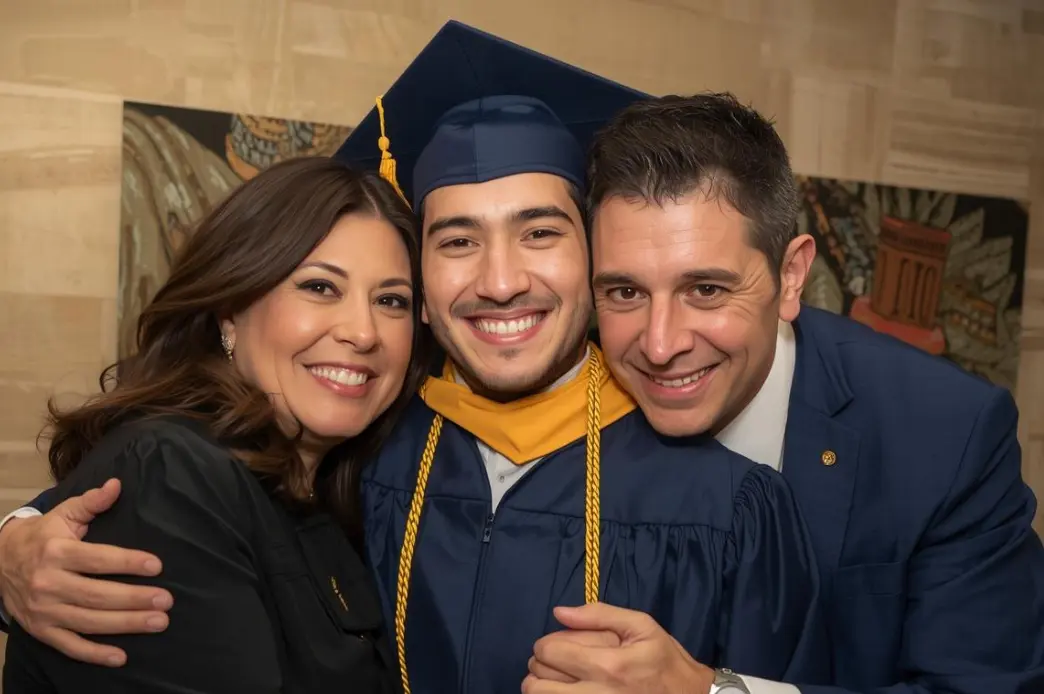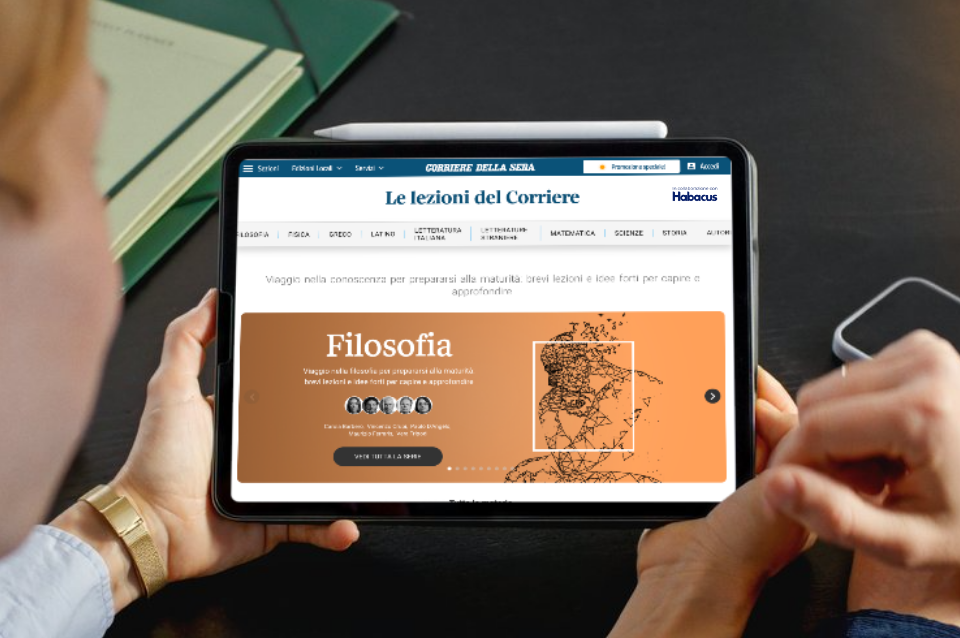Two days dedicated to connecting with students about student loans, to understand their needs and challenges in pursuing their educational journey.
20-21 September: Habacus welcomes University Student Associations
Habacus and the Students
It’s through direct contact with students that Habacus understands the needs and challenges of embarking on a study journey. This is why 12 university student associations from northern Italy were invited and hosted on September 20th and 21st during FutureShots, two days dedicated to innovation.
Habacus welcomed the SIT of Politecnico di Milano, Oikosmos from the University of Parma, Utfen from the University of Trento, ASSID from the University of Trieste, Invenicement from Ca’ Foscari University of Venice, and Junior Enterprise Italy with local units from Politecnico di Torino, University of Verona, University of Bologna, Milano Bicocca, Ca’ Foscari Venice, and University of Trento.
FutureShots featured speakers and players who inspired the audience and projected innovative scenarios in digital lifestyle, eSports, and music through talks, DJ sets, and interactive workshops. Guests included explorer and educator Alex Bellini, young producer and rapper Sick Luke, deputy director of Il Sole 24 Ore Roberto Bernabò, Prada manager Marta Monaco, and Fabio Zaffagnini, General Manager of Rockin’1000.
During the two days at Habacus, the associations presented innovative and collaborative solutions to bridge the gap between the awareness of alternative study financing methods and the need for accessible, clear, and complete information on student loans.
“Are you aware of the different opportunities to finance your post-graduation studies?”
When asked this, students from the associations often express confusion and skepticism among their peers. Many young people confuse university financing with scholarships, or they are unaware that loans without guarantees exist, in addition to the traditional honor loans.
In Italy, thinking of loans as something ‘positive,’ as a means to unlock resources and support youth development, can be difficult. There is a common fear that taking on debt means “not making it on your own” or “not having enough money.” However, these loans are not debts; they are investments in oneself.
When the ISEE Works Against You*
The problem is that many students don’t even consider the option of continuing their studies because they fear they won’t be able to support them financially or that they’ll burden their families. “Often, students give up on enrolling in a degree program away from home because, with their ISEE, which is just slightly above the minimum threshold, they can’t access tax breaks and tuition fee exemptions,” explains Elena Sofia D. from Junior Enterprise Italy and a student at Politecnico di Torino.
When studying includes a period abroad
It’s not just about paying tuition fees: when studying full-time, students must also manage costs for books, study materials, accommodation (if living away from home), food, and daily expenses—plus expenses for internships, both in Italy and abroad. “Many students in our master’s program in international relations have to do an internship, and many decide to do it abroad. It’s not easy to support oneself, especially since scholarships for this kind of experience are often limited,” confides Klarisa S. from the ASSID association at the University of Trieste. Moreover, let’s be honest, scholarships for overseas exchanges and Erasmus programs only help to a certain extent.
When there’s little information, and when it is available, it’s not clear
Another challenge is not knowing which student loan is most advantageous. Often, the information is unclear, hard to access, and students risk not having enough details to make an informed choice. This is why many give up looking for alternative ways to cover their expenses, especially if studying abroad. “I looked into honor loans before, but they had outrageous interest rates and required guarantees from my parents,” says Domenico, a student at Ca’ Foscari University of Venice.
When certification helps you
During the two days of meetings with the student associations, and with the goal of clarifying and helping students, Habacus presented its role as a facilitator for student loans. We explained our academic performance certification process, which acts as a key to unlocking access to financial resources. With the student’s consent, Habacus collects the necessary information to assess the student’s academic performance. The outcome of the evaluation is a certification that provides a snapshot of the student’s academic status and can be the key to accessing loans without guarantees, based only on merit and steady academic progress.
Habacus as a coach
The dialogue with the student associations brought forward interesting suggestions, proposals, and potential initiatives for effectively informing students. Based on the ideas and suggestions from the associations, Habacus is activating the most effective communication channels to inform an ever-growing group of young people about the financial opportunities available to choose and support their study programs confidently, without burdening their family budgets.
Stay tuned!
ISEE: The equivalent economic situation indicator, allowing citizens to access social services and public utilities under favorable conditions.
News in evidence

Fondo per lo Studio: how it works and how to apply for a loan
22 February 2026

Fondo per lo Studio: current rules and new updates
22 February 2026

How to pay for university with the “Fondo per lo Studio”
22 February 2026

University loans in Italy: what they are and how they work
7 January 2026

Student loan: for which universities and educational programs is it available?
4 September 2025

Student loan: what it is, how it works, and why it could be your solution
4 September 2025

Habacus, credit broker: a new player in Italy’s student loan market
3 September 2025

How to pay for university for your son or daughter: a practical guide for parents
26 June 2025

Lezioni del Corriere & Habacus: a shared vision
18 June 2025

IRS + Spread: a simple guide to student loans
13 May 2025

Habacus Supports The Tide at the 2025 Venice Architecture Biennale: an installation merging art, artificial intelligence, and the voices of new generations
9 May 2025

Habacus at “Credito e Finanza 2025”: advancing student loans and the digital transformation
2 April 2025
